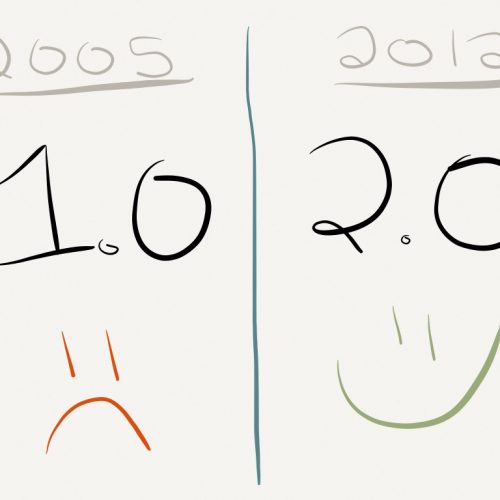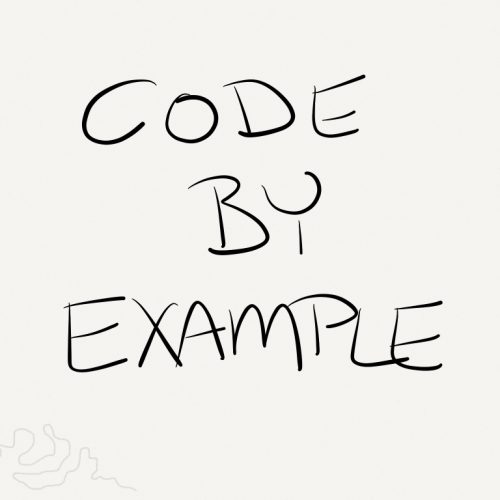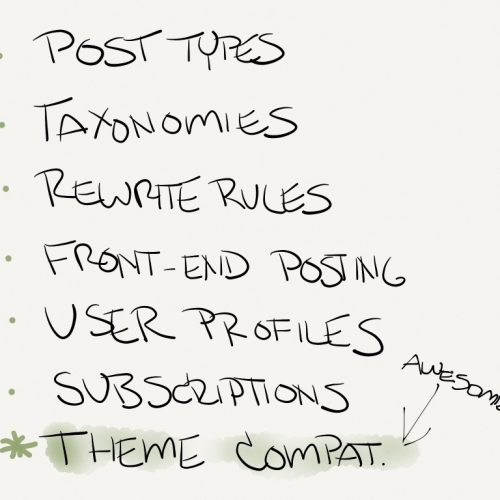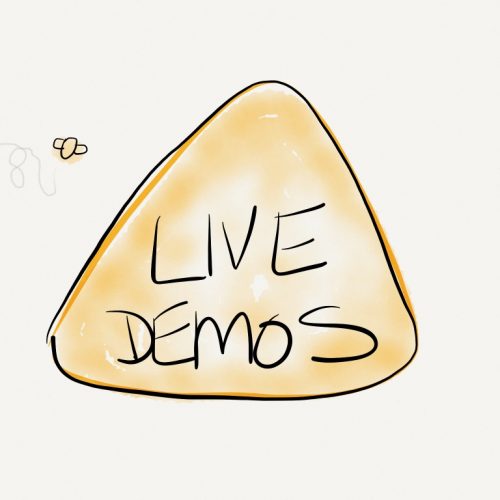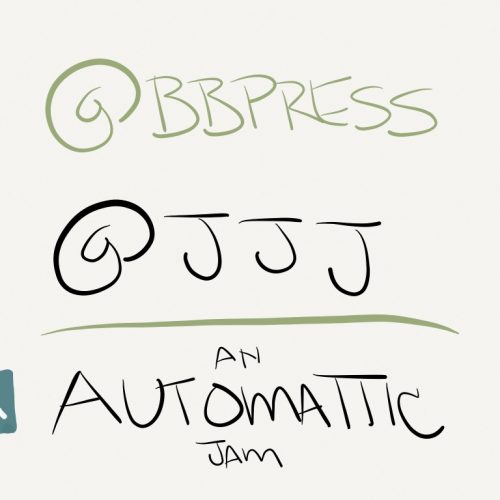Hi, my name is John, and I’m an Open Source Software workaholic. I touched on it a bit in my WPCandy interview, and I thought I’d finish the story here with a few added thoughts.
I live in a great neighborhood on the east side of Providence, RI. I work from home, rarely drive my car (ignore the frequent road trips), and enjoy the luxury of being walking distance from food, laundry, spirits, and anything else I might need to live a happy and comfortable life.
By day, I work for Automattic. I love my job. I love my colleagues. I love everything about what I do. To say it’s a dream job is an understatement. I work on some really awesome stuff going on around WordPress.com, Jetpack, Gravatar, and try to poke my head into other interesting social bits as much as possible.
By night, I’m the lead developer of bbPress, BuddyPress, and maintain both of the bbPress.org and BuddyPress.org sites. I believe both projects are two of the strongest spokes attached to the WordPress hub, and it’s my pleasure and privilege to be so closely involved with them. I am passionate about their success and enjoy iterating and improving them both equally, and love to help their users whenever I can.
That said, I’m in a unique and misunderstood position.
I work 40+ hours at a job that I love. Most days when I’m done with work I switch gears to my hobbies; usually that’s bbPress and BuddyPress. Other days, I enjoy going to the park with my dog Paul, watching Netflix, or enjoying a nice meal with friends.
In 2010 and 2011, I had the pleasure of mentoring some really bright individuals as part of the Google Summer of Code and the Google Code In projects. Gautam Gupta, a 15 year-old student from India, placed 6th by working closely with me contributing to the first major release of bbPress in two years; helping to totally refactor bbPress into a plugin for WordPress, skyrocket its popularity, and reinvigorate something great that hadn’t had much attention in a while.
My point, is that working on the bb’s is not something I am directly paid by Automattic to do. Instead, my job at Automattic enables me the means to keep my skills sharp *and* work on the software that I love, at the same time; it allows me to spend my free time giving as much back to the community as I am willing and able to. I choose to concentrate on bbPress and BuddyPress.
While Automattic does donate the time of several full-time people directly back into WordPress, and while it benefits Automattic as a business to be coupled so closely to its active development, it is not Automattic’s responsibility to staff anyone to contribute back to any open source project anymore than it is your own to do the same.
WordPress is free and open for anyone to build off of and dedicate resources towards. The bb’s are both free and open like WordPress is, with a lower barrier of entry to make a a much larger impact. If you’ve ever been intimidated by the amount of activity happening around the development of WordPress, or have been afraid your contributions aren’t good enough: 1. you’re wrong; 2. use the bb’s as your training ground.
If you choose to stick around and help work on the bb’s, your influence carries more weight because there are fewer people contributing. Dedicated contributors walk up the ranks quickly, earning core commit access like Boone Gorges, Paul Gibbs, and I with both BuddyPress and bbPress. We’re not the founding developers, we’re the currently active ones, and we would love to have your help. From code to codex, everything is an iterative work-in-progress.
Who knows, maybe eventually you’ll be an open source workaholic, too.
